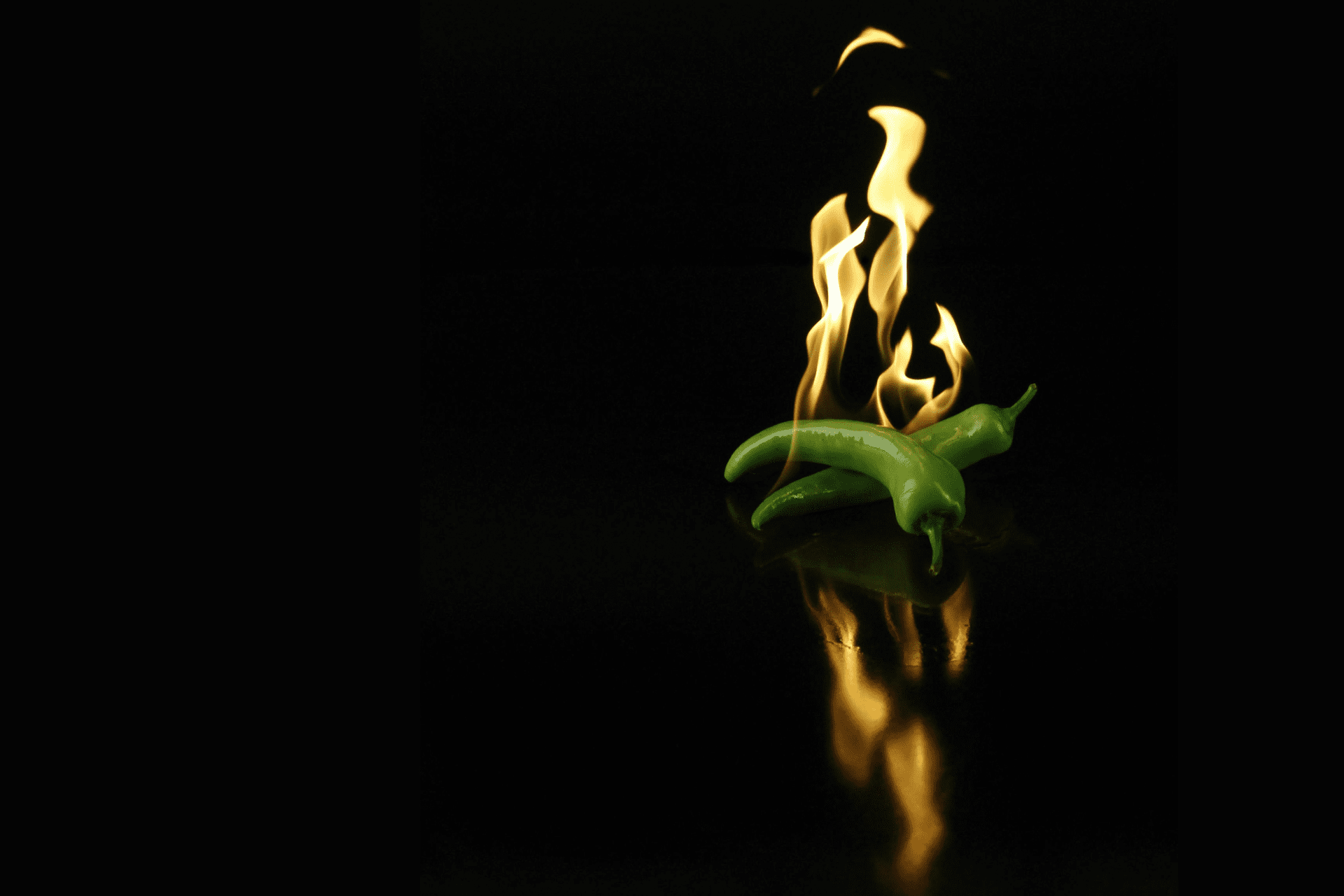
How do you respectfully portray alcoholism?

“This may seem like a weird question, but any tips for writing an alcoholic character?
She’s the queen of a rather unstable kingdom in a Graeco-Roman inspired fantasy setting and uses wine to cope with stress caused by the political circus and personal things, and her husband and daughter often criticise her unhealthy drinking habits.”
Using topics like alcoholism for a character can present a relatable–and flawed–person for readers to sympathize with, if not connect with. Yet do be cautious when writing on the topic. Alcoholism, as well as other topics on addiction and/or harmful habits, can grow very sensitive very quickly. How far you dive into this topic should depend on how relevant it is to your story and character(s).
It’s also important to consider how you address the topic as well. For example, there’s a major difference between a writer showcasing alcoholism with an open-minded and empathetic perspective versus a writer who is close-minded and reveals shallow portrayals of an alcoholic simply being “bad.” Yes, while these addictions cause harm to all involved (and by no means should be “downplayed”), remember that alcoholism is a mental health disorder. There is so much more at play than just craving alcohol and being affected by the intoxication. And that’s what we will touch on in this post.
For the sake of providing a potential content warning for this post, know that I will cover alcoholism and how it affects emotional and physical reactions. We will discuss internal thoughts, as well as external actions, from both the alcoholic character and the surrounding characters for the sake of learning how to write them in narrative.
Also, as a minor disclaimer, I will note that I am not a psychological professional on the topic. However, I am someone from a family affected by generations of alcoholism and will use some personal experiences for the purpose of discussing how to write about alcoholism, from habits I’ve seen from family members to how I and others have reacted to it.
With all that out of the way, let’s get started!
Internal thoughts
If you’ve ever chatted with me about writing or read other posts of mine here in the Reading Room, you know I love diving into the “why” behind everything. Why someone writes and why a character has this motive are just a few examples. And when it comes to addictions, like alcoholism, you want to get into the why behind that as well.
Because it’s not only the alcohol that creates the addiction, right? There still has to be a reason why the person starts the habit and why they want the outcome that results from the habit. This is how a habit turns into an addiction.
Based on the question prompting this post, there’s already a hint of that “why.” The character is stressed by the politics in her setting. So you want to ask why this person is turning to alcoholism and/or what they want out of it.
For example, control and escapism are big desires that can drive someone to drinking. In most cases, those reasons are why people prefer alcohol as the depressant to lean on after a bad day. That lighter feeling of escapism, at the very least, is enough to keep wanting to drink more, so someone always feels that way. It’s a way for them not to feel stressed or unhappy.
On top of that, destructive habits like alcoholism will usually display and exaggerate an insecurity the person has. This is the case with one of my family members. They grew up in a toxic household that demanded they go to school for a high-paying job. The short story: that didn’t work, and their sister went through with the high-paying job instead. This (among many other things in their life) ultimately created a setting for them to feel and/or not be seen as “worthy enough” by their family.
Now, psychologically, there’s a lot more about my family member to potentially unearth here, but even this one piece of backstory is already a wealth of inspiration for writing a character turning to alcoholism. It touches on personal events in their life and/or their personal flaws. And we’ll stick to that one piece for the purpose of this post.
Let’s say you have a character that went through the same scenario as my family member. Someone who doesn’t feel worthy around their friends and family will want that remedied, and that commonly leads to attention-seeking, people-pleasing, and/or the desire for control.
And there are flavors to this. Maybe someone is deemed “unworthy” because they’re too immature. And what’s seemingly more “mature” in society than drinking? Then, when they want to prove they can handle it, they keep drinking and ignore the inebriation. Because now it’s a competition with themself to impress others. And now, they have the potential start of an addiction. But they don’t see it that way. They simply see it as a means for control over what bothers them and see an opportunity to fix that issue.
See how that worked?
So if the character, like the queen in the question of this post, has the stress of ruling and turns to alcohol, there’s plenty of character interiority in there to dive into regarding seeking control and/or escapism, at the very least.
Again, ask why. Why is alcoholism the answer to meet the character’s needs, and why do those needs exist in the first place for your character? And after all that, we can dive into how the consequences of alcoholism become external actions based on those internal “whys.”
External actions
So, we’ve answered the “why” behind alcoholism for a character and how it makes them feel. Now we can discuss how the interiority and insecurities show on the outside as external actions.
I mentioned my family member with their insecurity of feeling unworthy, and that being one reason for turning to alcohol for control and impressing others. If there’s one thing that people who seek attention, control, and are people-pleasing want, it’s to be right. It’s to be the go-to person. It’s to be the best person in the room.
Turning to alcohol can help someone feel more confident, daring, and/or adamant about being seen as that person. But on the outside, that’s not what we see at all, especially when they drink to the point of inebriation. What my family member thinks of has having a civil debate with others or making a point important to them is actually explosive behavior to those experiencing it.
When someone’s senses are dulled from intoxication, and said intoxication amplifies the desire to be seen as worthy and in control, the person drinking will end up doing almost anything to get what they want. This, at least, is my experience. And that ends up becoming aggression for some, even leading to violence. Especially if someone never grew up with a proper outlet or learned how to properly express themselves.
This is why I started this post by discussing the internal thoughts of a character. Their self-esteem was already low before drinking. And drinking to fix that self-esteem now becomes a method of defense. More often than not, that leaves everyon else, reacting in return. Which leads to our next topic:
The internal thoughts of family and friends
As you may know, it’s not just the alcoholic themself affected by the habit of drinking. It affects those around them too.
If you’re around someone who exhibits explosive behavior, is prone to yelling, and displays unpredictable behavior, what would your reaction be?
A person in this situation, especially a child, is often left with the desire to get away from the perceived threat and protect themself. There may be other reactions, like wanting to end the threat (i.e. standing up for themself), but that is dependent on an individual’s personality and their way of facing threats. As someone who experienced this, I can confirm the need for safety. Seeing an unpredictable, threatening person mostly leads to feelings of fear and helplessness, and thus, a need to hide and feel safe again.
Ultimately, when it comes to your characters around alcoholism, ask yourself how they would respond emotionally via their core personalities against a threatening situation like this. Is it wrong for them to be right out of principle? Is it not worth confronting because trying to fix the problem is hopeless? Or is there too much fear behind what happens, and the character must heed their flight instincts?
Thus, those emotions lead to how the characters around the alcoholic will react externally.
The external actions of family and friends
Based on the emotional examples above, there are several ways a character can react externally around an alcoholic. Some people will confront them, regardless of their explosive behavior, and some will quietly hide and wait for it all to pass by. And some will be afraid enough of the situation to leave and never return to that person’s side.
It all depends on the character, their age or situation, their core values as a person, and their relationship with the alcoholic.
But, all in all, friends and family react one of three ways: address it (to the point of intervention), accept it and/or ignore it, or detach completely. And, from there, it can be a snowball effect of action, reaction, and consequences between the characters.
So, if you have an alcoholic character ruling a country, and you’re uncertain how those around them would react, start with their core personalities and how they would emotionally respond to threats (internal thoughts), and how those thoughts would lead to certain reactions to that character (external reactions). And don’t be afraid to dive deep into a character’s interiority and development here to get as detailed as you can!
How far do you want to go with this?
As you can see, writing a destructive addiction like alcoholism boils down to why the character resorts to the addiction, how that addiction affects them based on their core beliefs and personality, and how that transformation affects people around them internally and externally.
Once again, keep in mind how relevant this is to your story and character. If alcoholism is one of the primary topics you want to address with an adult novel, then you can go as far into this topic as deemed necessary.
However, if alcoholism is more involved with a side character in a young adult or middle-grade story (i.e. the main character’s parent that don’t show up in every chapter), and it isn’t a major part of the plot or story, then I would caution against touching this subject on a deep level. You can still have a teenage character yearn for parental love because of how alcoholism affects that character’s internal thoughts and emotions and how the alcoholic parent is never around. But if the external plot focuses on something else —like using magic to save the world—that is what takes precedence.
And there you have it! This is mostly a surface-level dive into the topic with examples of personal experiences. I reiterate that I am not a psychological professional in the industry, so if you are looking to dive further into the topic, then I recommend more research involving articles from experts in studies/facilities regarding alcoholism (or other addictions), as well as testimonials for further experiences from others. I’ve popped some resources that have helped me below:
Resources
Cleveland Clinic: Alcohol Use Disorder
Mayo Clinic: Alcohol Use Disorder
NIAAA: Alcohol Facts and Statistics
SAMHSA: Children Living with Parents Who Have a Substance Use Disorder (A Study)



























